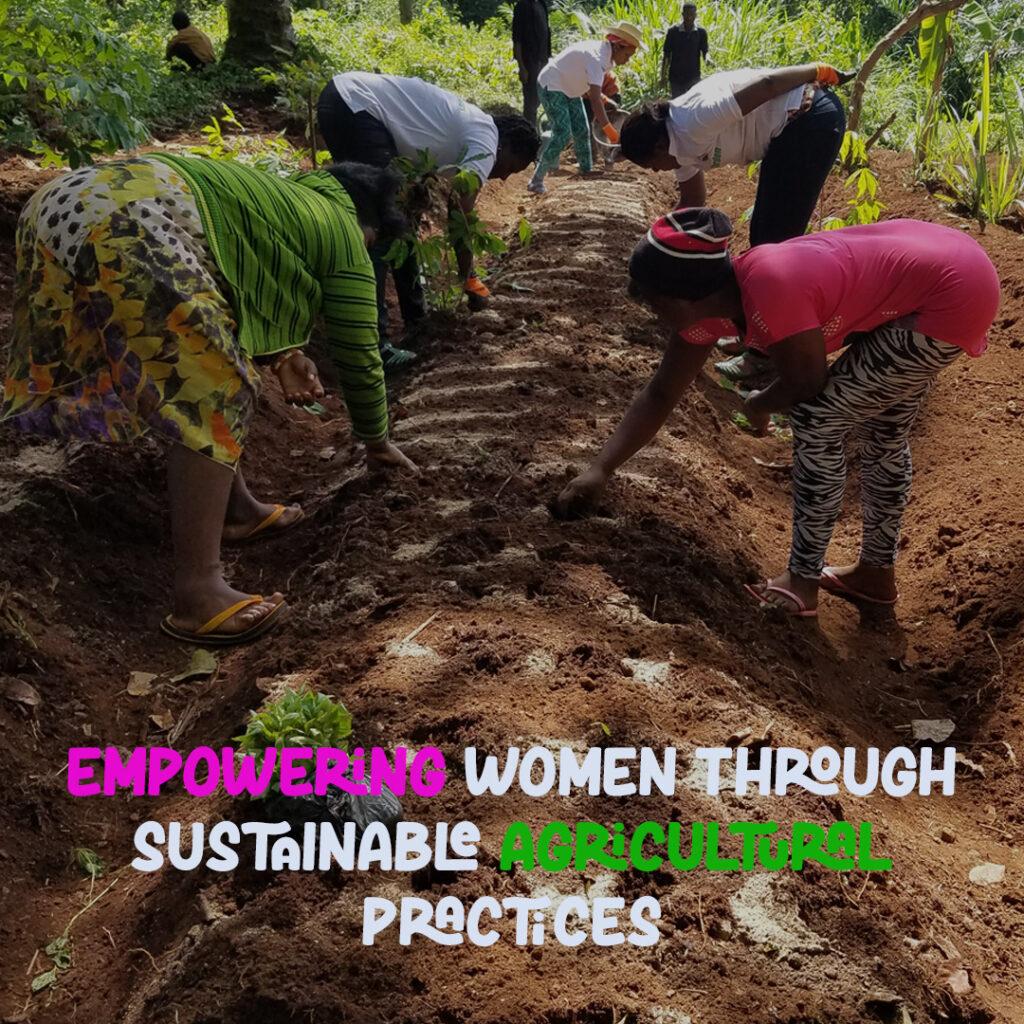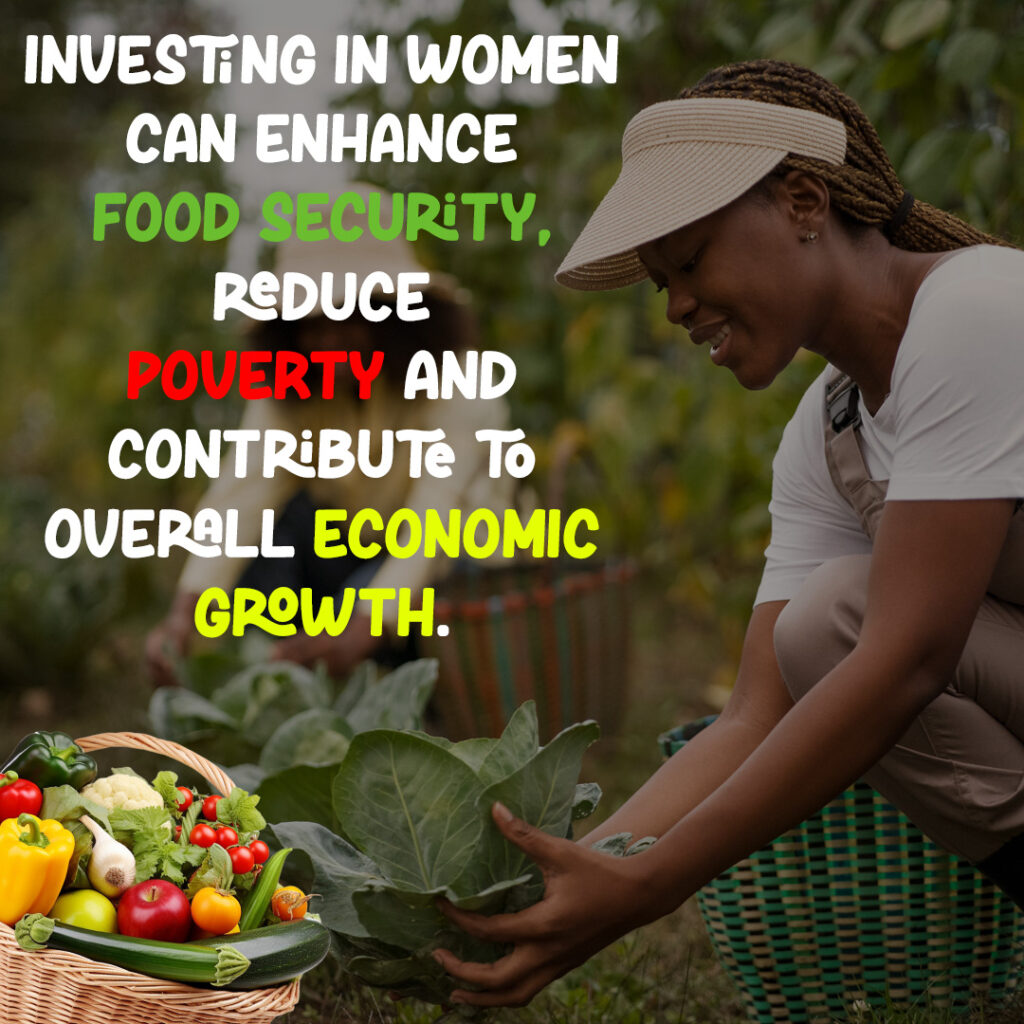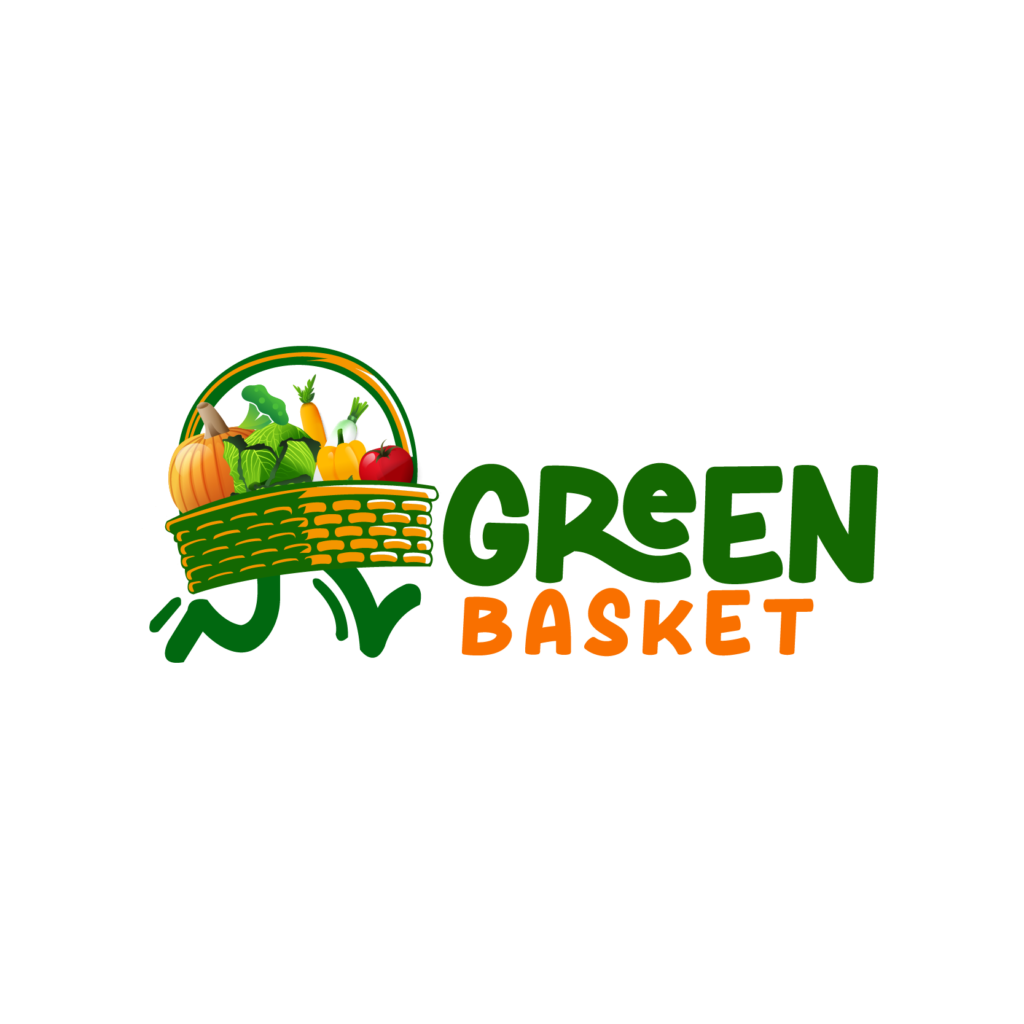“A Day Celebrating the Women Who Account For 80% of Our Food Supply”
Women are the backbone of agriculture in Cameroon and constitute a greater population involved in agricultural activities in Africa. In rural areas, agricultural produce is grown and marketed by rural small-scale farmers who are mostly women, and a majority of the farms are managed by women.
According to the World Food Program, the agriculture sector is the largest employer of the working population in Cameroon, employing over 70 percent of the workforce, and 90 percent of the rural workforce. The sector faces various challenges that prevent its rapid growth and significant contribution to national development. These include the effects of the climate crisis, soil degradation, limited access to land, high post-harvest losses, competition for limited resources, and lack of access to finance, inputs, and sustainable markets, among others. Smallholder farmers (SHFs), who are the single largest block of food producers accounting for 80 percent of the food consumed in the country, are among the worst affected. The challenges, which disproportionately affect women smallholders, are compounded by the protracted effects of increasing insecurities resulting in internal displacement and an influx of refugees from Nigeria and the Central African Republic. The Ukraine crisis is also worsening the vulnerabilities of smallholder farmers by increasing the cost of food production due to increases in farming inputs and fuel, threatening to exacerbate food insecurity at national and household levels.

Just as the theme calls us to accelerate progress, we at Green farmlands have been working with partners through past and future agricultural projects to support women small holder farmers in communities to strengthen their resilience to agricultural challenges and to better prepare and withstand shock. Green farmlands through the FARM SCHOOL project worked alongside communities to boost productivity in a bid to increase household income. The project assisted smallholder farmers especially women in engaging in sustainable agricultural practices by training them on new, improved, and adaptable farm practices.

Another of Green farmlands’ project called the GREEN BASKET prioritizes women through working to contribute to higher productivity and income growth, which in turn can enhance food security, and poverty reduction efforts. The GREEN BASKET initiative aims at linking smallholder farmers to urban markets via an online platform where consumers can shop for fresh groceries from the comfort of their desks and mobile devices. It is widely acknowledged that the involvement of small farmers in markets can contribute to overall economic growth and financial security for women.
As the world population grows, so too does our need for agriculture. For agriculture to progress and become more efficient we need to invest in women to accelerate progress and encourage more women to take part in it through our activities. By understanding the obstacles that prevent women from participating in agriculture, we can begin working to correct them, which should lead to better food security for everyone.
If there is a perfect time to empower women farmers, it is now.


